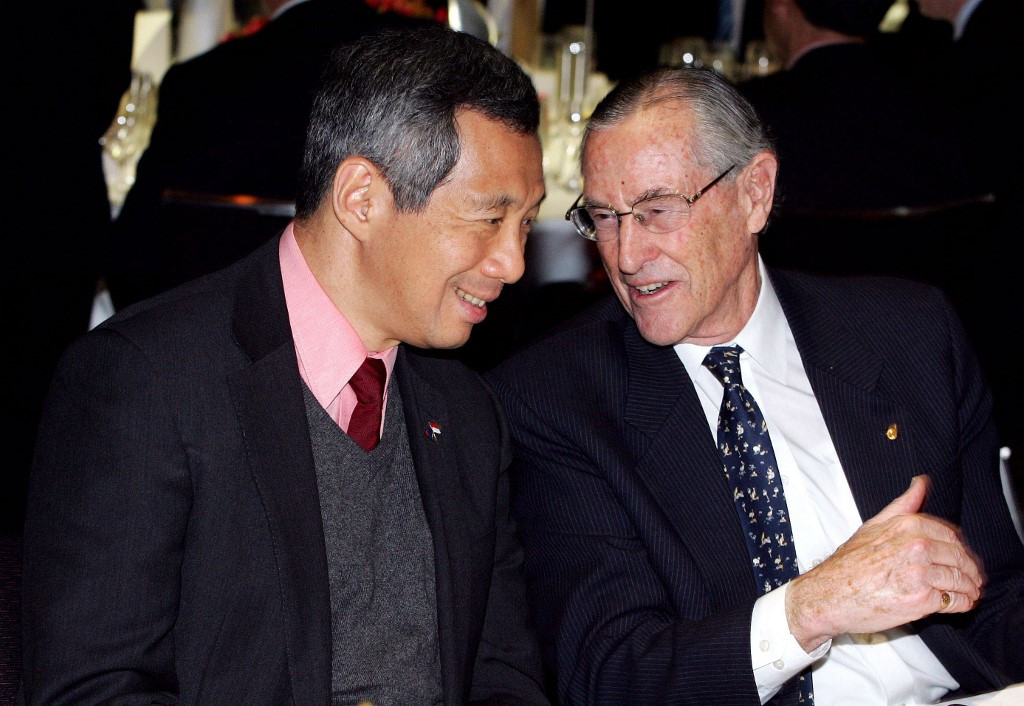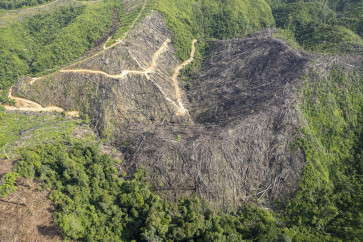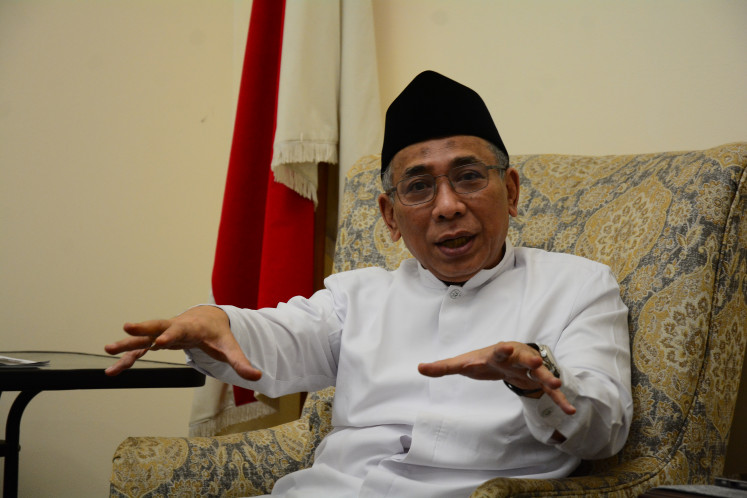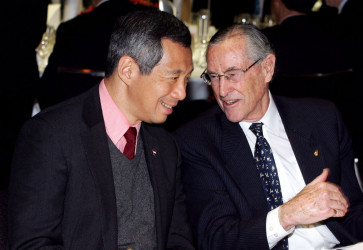Popular Reads
Top Results
Can't find what you're looking for?
View all search resultsPopular Reads
Top Results
Can't find what you're looking for?
View all search resultsDick Woolcott, Australia’s 'giant' diplomat, has left us
We remember him as the ‘’friend’’ from Australia who tried very hard to be a ‘’friend’’ to not only Indonesia, but also all our regional neighbors as well as Southeast Asia as a whole, through his indelible influence on Australia's foreign policy.
Change text size
Gift Premium Articles
to Anyone
A
ndrew Clark described Richard “Dick” Woolcott as a diplomatic “giant” in his obituary in Foreign Affairs & Security. I think this description fits what most of Dick’s friends in the Asia-Pacific, where he spent most of his many years as Australia’s top diplomat, feel about him.
Here, we remember him as the “friend” from Australia who tried very hard to be a “friend” to Southeast Asia. He served as the ambassador to Indonesia and the Philippines, and before that, in other capacities in Singapore and Malaysia. He was also involved in the withdrawal of Australian troops from Vietnam.
But his main and most difficult contribution was when Indonesia took over East Timor from the Portuguese and the critical aftermath, which culminated when East Timor became Timor Leste with Australian troops at the helm.
I first met him when I was accompanying Pak [Mr.] Ali Moertopo to Australia, New Zealand, Papua New Guinea, New Caledonia and Fiji at the end of October 1973, exactly when the Yom Kippur War started in the Middle East. Dick was the public officer who was in charge of the Australian part of the visit.
Our group flew in from Perth, and Dick was waiting at the Melbourne Airport where we landed in the morning of Oct. 6, 1973. He was extremely friendly in greeting Ali Moertopo, and most probably had received a briefing earlier from Jeffrey Forester, then a young foreign affairs officer at the Australian Embassy in Jakarta, about how well-meaning then-president Soeharto was toward Australia.
At that time, Soeharto considered Australia as playing a very critical role for Indonesia’s security. Soeharto continued to view our bilateral ties that way, amid some hiccups now and then in the relationship.
In this regard, Dick Woolcott’s presence in Jakarta as the Australian ambassador (1975-1978) had been one of the main factors of steady bilateral relations between our two countries. He was able to maintain balance between Indonesia’s view on the need for security in the Southeast Asian region, and Australia’s wishes of a plebiscite in East Timor. It was a tough period, with troops from Australia and ASEAN member states taking part to restore stability in East Timor.


















